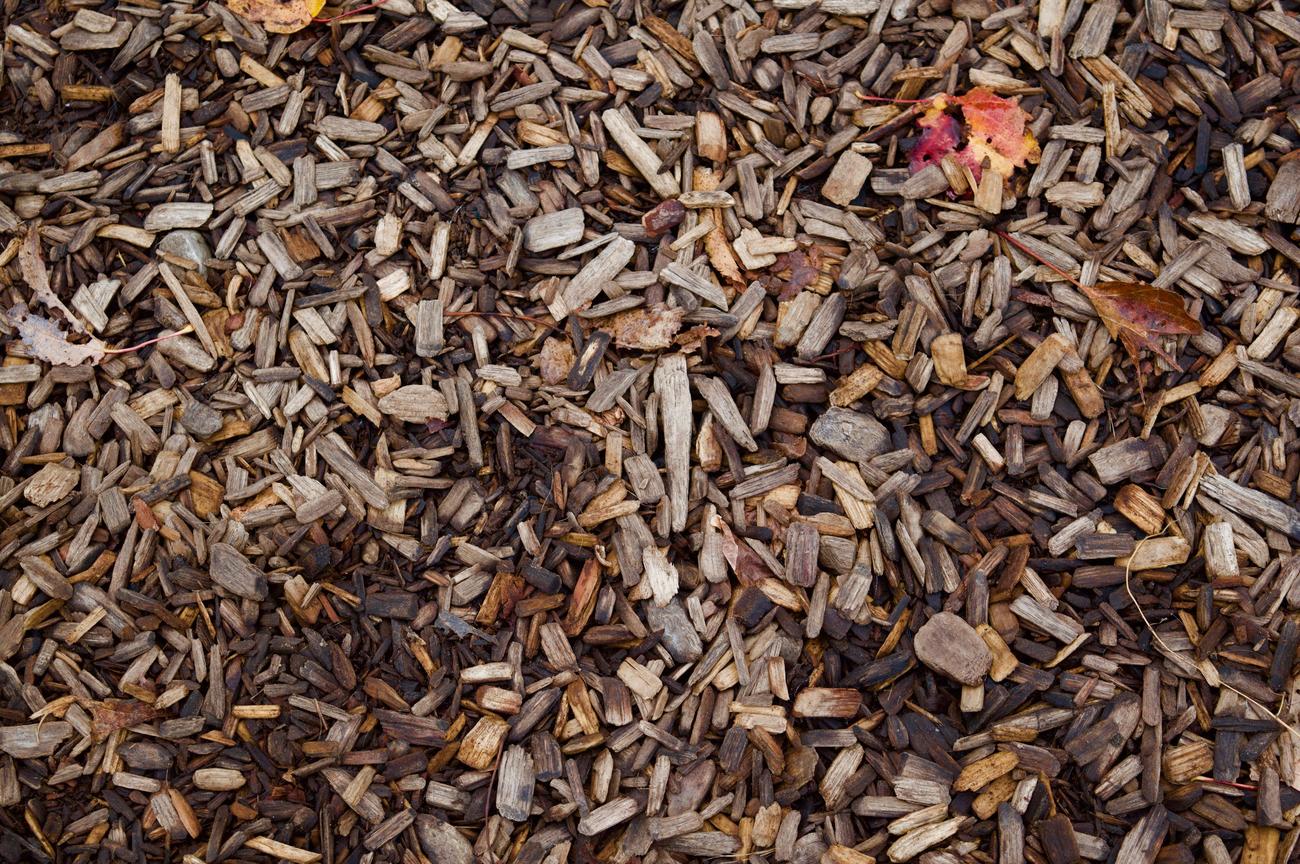Is charcoal toothpaste truly safe? This is a question that has been buzzing around the dental industry for quite some time now. With its rising popularity and claims of whitening and detoxifying benefits, charcoal toothpaste has become a go-to dental product for many individuals seeking a brighter, healthier smile. However, there are also concerns and myths surrounding its safety. In this article, we will delve deep into the world of charcoal toothpaste and separate fact from fiction. So, if you’ve been wondering about the safety of charcoal toothpaste, buckle up as we bust some myths and provide you with evidence-based insights.
Is Charcoal Toothpaste Safe?
Charcoal toothpaste has gained popularity in recent years as a natural alternative for teeth whitening and mouth detoxification. But is it truly safe to use? Let’s dive into the facts and separate the myths from reality when it comes to the safety of charcoal toothpaste.
Lack of Scientific Evidence and Potential Risks
While charcoal toothpaste may promise a brighter smile and a cleaner mouth, it’s essential to note that there is little scientific evidence to support these claims. As a dental health professional, I have examined numerous studies and found a distinct lack of rigorous research on the effectiveness and safety of charcoal toothpaste.
Quote: “When it comes to charcoal toothpaste, it’s important to rely on scientific evidence rather than marketing claims.”
One significant concern is that charcoal toothpaste can be abrasive, which means it can potentially damage the enamel and gums. Enamel is the protective layer of our teeth, and any erosion can lead to tooth sensitivity, enamel loss, and an increased risk of cavities. Additionally, the abrasive nature of charcoal toothpaste can also cause gum irritation and recession.
Advised Caution and Lack of Standard Recommendations
Given the potential risks associated with charcoal toothpaste, dental clinicians generally advise against its use until more research is conducted on its safety and effectiveness. The American Dental Association, the leading authority on dental health in the United States, has not given charcoal toothpaste its Seal of Acceptance.
Quote: “Dental professionals urge caution and recommend sticking to proven and ADA-approved oral care products.”
Moreover, there are no standard recommendations on how often to use charcoal toothpaste. This lack of guidance puts users at risk of overusing the product, which could further contribute to the potential harm it may cause.
Alternative Natural Teeth Whitening Remedies
If you’re looking for a natural way to whiten your teeth, there are other options available that are backed by scientific evidence. One such option is baking soda. Its mild abrasive properties can help remove surface stains from teeth without causing harm to the enamel.
Quote: “Try natural alternatives like baking soda for teeth whitening, which has been shown to be safer and effective.”
Additionally, maintaining good oral hygiene practices such as brushing twice a day with a fluoride toothpaste, flossing daily, and regular dental check-ups can also help keep your teeth white and healthy.
The Need for More Research
In summary, while charcoal toothpaste may have its appeal as a trendy natural teeth whitening remedy, it’s important to approach it with caution. The lack of scientific evidence supporting its claims combined with the potential risks it poses to oral health warrants skepticism.
Quote: “Further research is needed to determine the safety and effectiveness of charcoal toothpaste.”
As a dental health professional, my advice is to stick to proven oral care products approved by dental associations, follow recommended oral hygiene practices, and explore natural alternatives with scientific backing.
Remember, your oral health is vital, and making informed decisions based on credible scientific evidence is key. So, is charcoal toothpaste safe? At this point, the answer is not yet definitive, but it’s always better to prioritize proven methods for maintaining a healthy and bright smile.
| Pros of Charcoal Toothpaste | Cons of Charcoal Toothpaste |
|---|---|
| – Claims to whiten teeth | – Lack of scientific evidence and limited research |
| – Potential for mouth detoxification | – Abrasive nature may harm enamel and gums |
| – No standard recommendations for use | |
| – Not approved by the American Dental Association | |
| – Alternative, proven options available |
Charcoal toothpaste has gained popularity in recent years due to its supposed ability to whiten teeth and remove stains. But, did you know that there are many other interesting facts about charcoal toothpaste? From its ancient origins to its potential health benefits, exploring the world of charcoal toothpaste might surprise you. If you’re curious to learn more, check out our comprehensive guide on facts about charcoal toothpaste. Prepare to be amazed by the wonders of this unique dental product.

FAQ
Q: Is charcoal toothpaste safe for my teeth?
A: There is limited scientific evidence to support the safety of charcoal toothpaste. It may actually harm the enamel of your teeth and increase the risk of tooth decay. Dental clinicians advise against using charcoal toothpaste until more research is done to determine its safety and effectiveness.
Q: How often should I use charcoal toothpaste?
A: There are no standard recommendations for how often to use charcoal toothpaste. Due to its abrasive nature, it is generally advisable to use it sparingly to avoid damaging the teeth and gums. It is best to consult with your dental professional for personalized advice.
Q: Can charcoal toothpaste whiten teeth effectively?
A: While charcoal toothpaste claims to whiten teeth, the evidence supporting its effectiveness is limited. It is important to note that the activated charcoal in toothpaste can potentially lead to enamel damage and increased sensitivity. Other natural teeth whitening remedies may be a safer option.
Q: Has the American Dental Association approved charcoal toothpaste?
A: No, the American Dental Association has not given charcoal toothpaste its Seal of Acceptance. This means that the ADA has not verified its safety and effectiveness through their rigorous testing and evaluation process.
Q: Is more research needed to determine the safety of charcoal toothpaste?
A: Yes, more research is needed to fully understand the safety and effectiveness of charcoal toothpaste. As of now, the scientific evidence is limited, and dental professionals advise caution when using charcoal toothpaste due to its potential risks. It is always best to consult with your dentist for personalized advice on oral care products.
- Mastering Leader in Spanish: The Complete Guide - April 19, 2025
- Uncovering Surprising Parallels: England Size Compared to US States - April 19, 2025
- Old Mexico Map: Border Shifts 1821-1857 - April 19, 2025
















